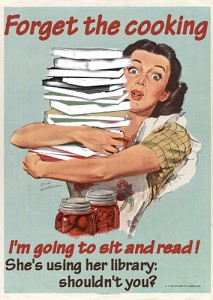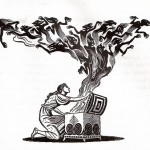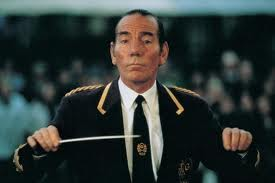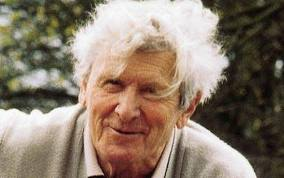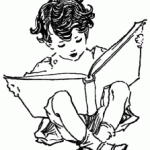This afternoon, I stood waiting for the bus from West Dean. I began to chat with a young woman studying metal conservation and we reached the inevitable conversation about books. What she liked, she said, was when the characters had “a life between the pages”. It kept me thinking on the way home.
 I connected this to something Jean (a colleague on the West Dean Creative Writing MA) had elaborated upon. We were considering how much of yourself you might wish to reveal as an online author and Jean put forward a concept of layers- perhaps like a daffodil bulb, or the shells of an atom. Deepest and most concealed was an inner self that no-one is privy to. Then the private person that our friends and family see, followed by an outer professional self which we might post. The best characters, it seems to me, give the sense that all the layers are there.
I connected this to something Jean (a colleague on the West Dean Creative Writing MA) had elaborated upon. We were considering how much of yourself you might wish to reveal as an online author and Jean put forward a concept of layers- perhaps like a daffodil bulb, or the shells of an atom. Deepest and most concealed was an inner self that no-one is privy to. Then the private person that our friends and family see, followed by an outer professional self which we might post. The best characters, it seems to me, give the sense that all the layers are there.
If you trawl the internet looking for how to create characters, or read a fair few how-to books, you are often told about character description. It strikes me that this is only the outer layer – the appearance that the character gives. It’s down to authorial decision whether to show what they look like – but as in business, you only get one chance to make a first impression. You can only do it once.
 Next comes the personal layer – likes and dislikes, musical taste, the sort of stuff you might post on your Facebook profile. It may inform their mannerisms, tics, the things they do when talking. All well and good – but still fairly superficial. You’re not really giving much away.
Next comes the personal layer – likes and dislikes, musical taste, the sort of stuff you might post on your Facebook profile. It may inform their mannerisms, tics, the things they do when talking. All well and good – but still fairly superficial. You’re not really giving much away.
Now we come to something much more intimate . This is where the conscious anxieties lie, where the dreams reside that the character might share with her closest friends and family. This is the stuff that makes a difference. It will be largely behind the scenes, suggested by action or hinted at in speech. But it is the very innermost core, full of secret desires and fears, that provides the character’s volition. It provides the unseen addiction, the desperate need that gives energy to the forward momentum of the plot.
When you have all these, then you have a character.

As my bus reached Chichester Cathedral, I made a further connection. Kate Mosse, writer of Labyrinth and Sepulchre, explains how her characters can seem at first to stand behind her, just out of view, hazy and indeterminate. Then they step forward, next to her and assume a solid form. She starts writing only as they move off on their own adventures – and she records what they do. For me, then , my characters can only have a life ‘between the pages’ , can only step out into their world when I have fully imagined what’s inside each layer.
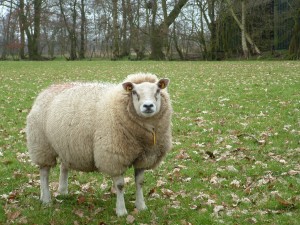 The first was ‘sheep’. I asssociate this with the North York Moors and the wilder parts of Wales . It makes me dream of wide and lovely spaces with bracing air. Something invigorating.
The first was ‘sheep’. I asssociate this with the North York Moors and the wilder parts of Wales . It makes me dream of wide and lovely spaces with bracing air. Something invigorating.



